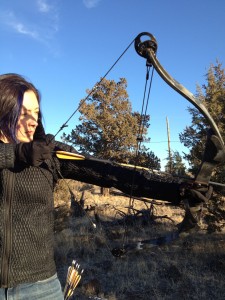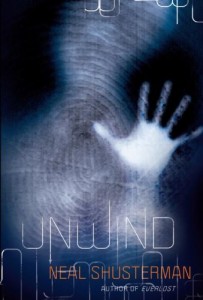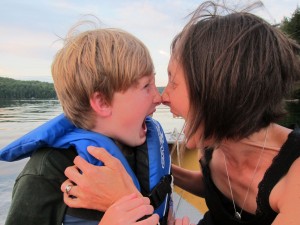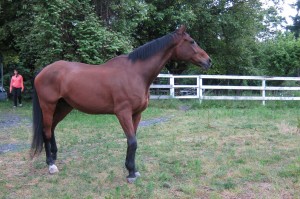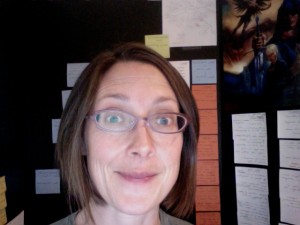I’ve been pretty silent on the blog and on twitter lately. I like to think I can tweet helpful nuggets for writers as well as the occasional spattering of encouragement, but I’ve been coming up empty. I find myself staring at the screen thinking, “I don’t know anything about writing.”
This is kind of dumb because I’ve been writing full time now for a couple of years. I’ve got four books out and the Angel Punk novel is under contract. I should know a thing or two, right?
Nicole Marie Schreiber recently posted on how to reconnect with your WIP after a long absence from it. She spoke about nurturing the love affair with your book. It strikes me that I’m anticipating the break-up with my WIP and that’s why I feel so clueless about writing.
Things I know about myself: I’m all-or-nothing. I don’t know how to hold back. I’m a believer, and I fall in love hard–very hard. Last July, when I signed on to write the novel for Angel Punk, I committed, immersing myself in the project and the team. When I’m writing, each character is real. Everything that happens to them, happens to me. Mara bleeds, and I hurt. Lovers kiss and I swoon. I have lived and breathed Angel Punk. It has been my world.
And we’re going to break up…
I’m doing one more set of revisions before I send the manuscript to my editor. I’ll have a little bit of time on my hands then I’ll do another set of revisions and… we’ll be done. I’ll have to say good-bye.
In a recent interview (her first in 35 years), Anne Tyler said:
“When I finish a book, I send the book to New York to be read by my agent. I picture them on a train, and my heart is broken. I mean, I’m thinking of how they’re sort of limited people or shy people, and they’re just so brave to be going up there on their own. It’s really anthropomorphic. But then, after they get accepted, so to speak, and they’re a book on their own, I’m like a mother cat with kittens. I never think about them again. They’re gone.”
Knowing what I know about myself, I doubt I’d make a very good mother cat. I like to gnaw on things. I don’t like to let go. So while I may know a thing or two about writing, I suck at breaking up.
*sigh*
We can still be friends, right?
